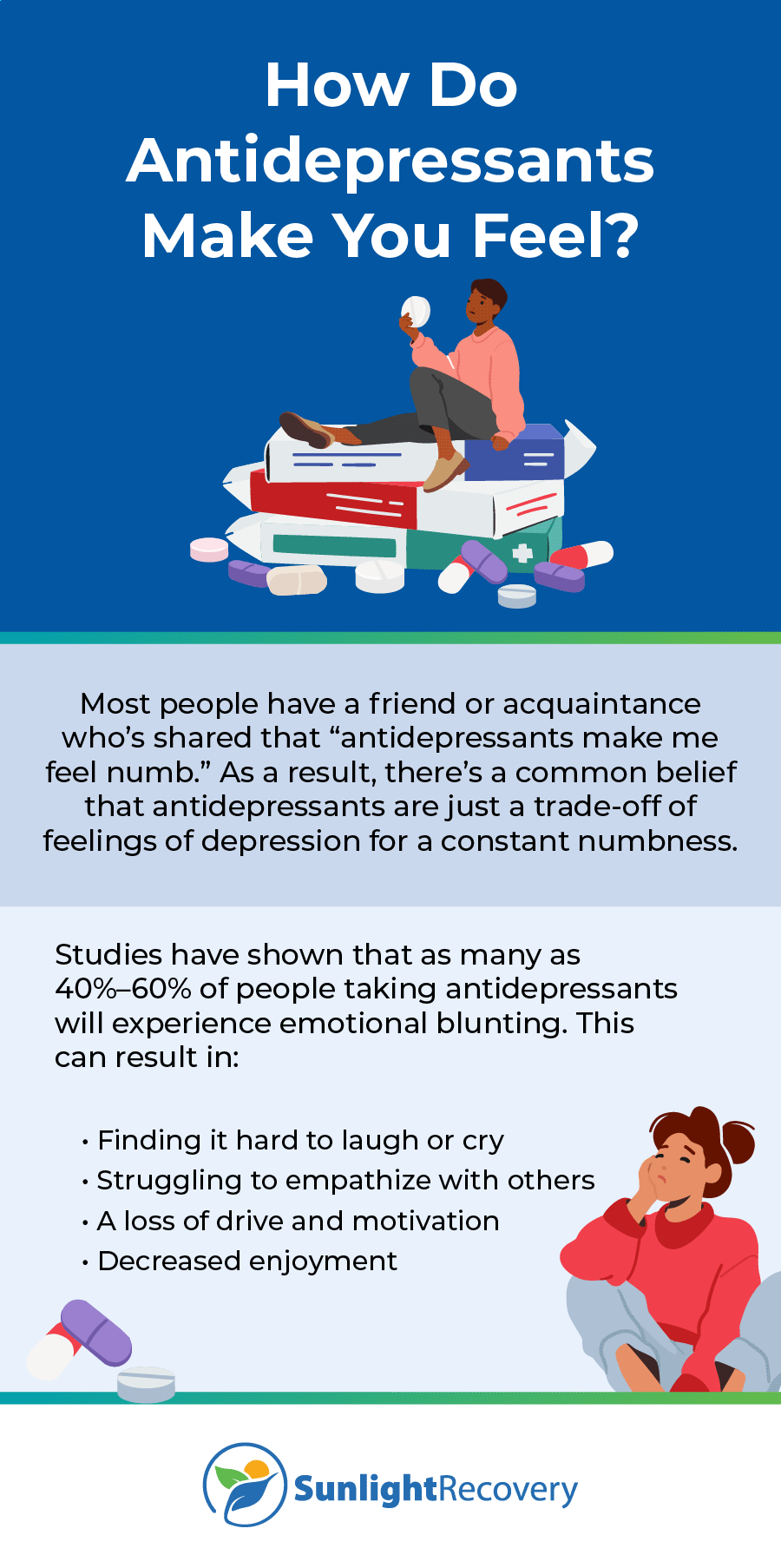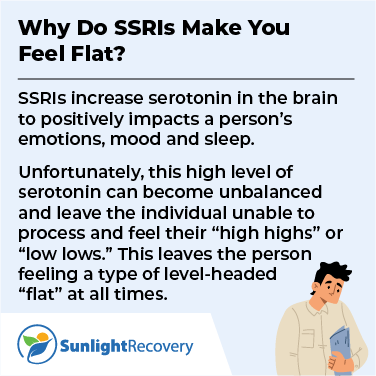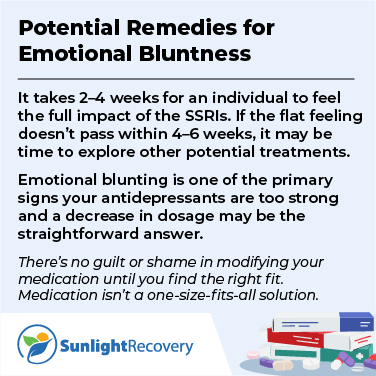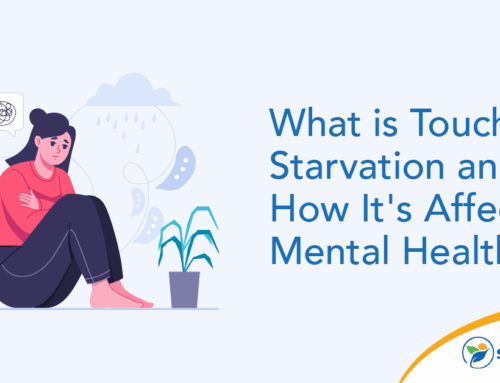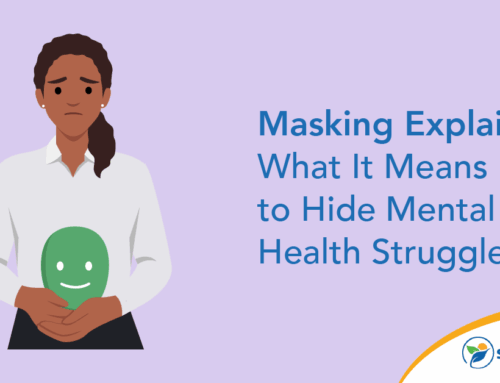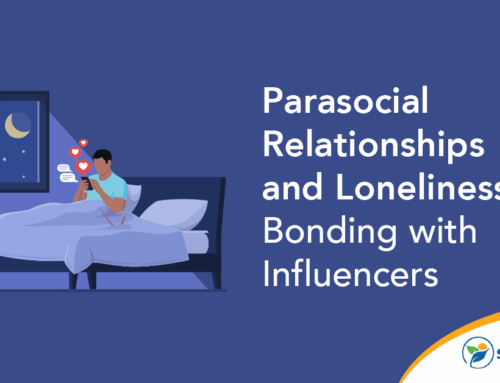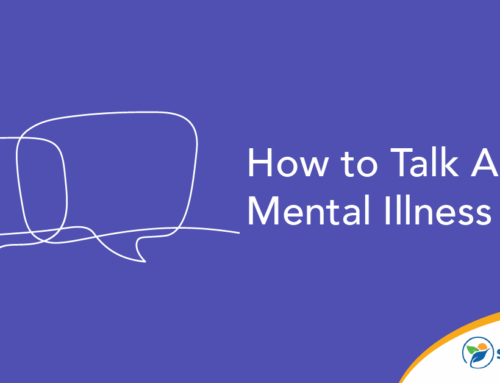How do antidepressants make you feel? This medication can help diminish the constant feelings of dread, despair, hopelessness and sadness that often come with depression. However, many people are unaware that antidepressants can also lead to something known as emotional blunting. One of the most commonly reported side effects of using antianxiety antidepressant drugs (selective serotonin reuptake inhibitors, or SSRIs) is feeling “flat” and unmotivated.
So, do antidepressants help with motivation or disrupt it? This side effect is a significant concern or even a deterrent for people starting this type of medication, as well as an obstacle to continuing a prescription. In this article, we’ll describe what that flat sensation is, what causes it and how likely it is if you take antidepressants.
Depression: An Overview
Depression is the leading cause of disability for Americans aged 15 to 44. Major depressive disorder (MDD) impacts approximately 6.7% of all American adults. Persistent depressive disorder (PDD) — a period of depression that lasts more than 2 years — affects an estimated 1.5% of American adults.
Unfortunately, depression can be quite debilitating and can often take over a person’s life. It can lead to feeling sad, empty and hopeless or experiencing a loss of interest in activities, a decrease in self-esteem and a lack of motivation. Treatment is essential for depression as it doesn’t just go away. The two main types of treatment are medication and therapy, with people often requiring a combination of both.
How Do Antidepressants Make You Feel?
Most people have a friend or acquaintance who’s shared that “antidepressants make me feel numb.” As a result, there’s a common belief that antidepressants are just a trade-off: You trade feelings of depression for constant numbness.
Studies have shown that as many as 40% to 60% of people taking antidepressants experience emotional blunting. This can result in:
- Finding it hard to laugh or cry
- Struggling to empathize with others
- A loss of drive and motivation
- Decreased enjoyment
Do Antidepressants Help With Motivation?
Paradoxically, the same medications that are commonly prescribed for depression relief may cause side effects that mimic depressive symptoms. According to a study on SSRI-induced apathy, selective serotonin reuptake inhibitors may cause apathy and a lack of creative energy. As many as 20% of participants surveyed reported these effects. It may only take a short time for apathy to occur, as reports indicate only a week of citalopram use can cause a reduction in the brain’s reward system, leading to low energy, low creativity and overall apathy.
Why Do SSRIs Make You Feel Flat?
The most commonly prescribed antidepressants are SSRIs. These work by increasing the levels of serotonin in the brain — a messenger chemical that transfers signals from nerve cells to the brain (also known as neurotransmitters). This valuable chemical positively impacts a person’s emotions, mood and sleep.
After relaying a message, the body typically reabsorbs serotonin into the nerve cells in a process known as reuptake. SSRIs inhibit, or block, this reabsorption. This means more serotonin can continue to pass messages to nearby cells, which keeps serotonin levels high.
Unfortunately, SSRIs can sometimes be too effective. The level of serotonin can become unbalanced and leave the individual unable to process and feel their “high highs” or “low lows.” So, while they help people not feel depressed, SSRIs can also stop people from feeling their highs (laughing, enjoyment, motivation, etc.). This leaves the person feeling a type of level-headed “flat” at all times.
When it comes to which kinds of SSRIs can cause apathy, the answer is most of them. A Lexapro lack of motivation may be noticed after 1 week or more, while according to the NIH, the sertraline or Zoloft no-motivation effect may be a bit milder.
Amotivational Syndrome
Amotivational syndrome is an effect caused by drug use that makes an individual lack motivation to set goals or participate in social activities. The condition was first noticed in long-term marijuana users but has recently been associated with ongoing SSRI therapy. While there’s no definite cause of amotivational syndrome, the condition is typically associated with lower-than-normal amounts of serotonin, which helps regulate moods, emotions and motivation. The condition is reversible once the individual stops taking SSRIs.
Symptoms of amotivational syndrome include:
- Lack of enthusiasm
- Poor short-term memory
- Difficulty concentrating
- Lack of interest in setting and pursuing goals
SSRI Apathy
Selective serotonin reuptake inhibitors (SSRIs) are commonly used to treat conditions such as depression, anxiety and obsessive-compulsive disorder (OCD). While taking these medications, some individuals report a feeling of indifference in most situations. Some even state that they have a hard time experiencing pleasure or taking part in activities they once enjoyed.
Studies show the condition varies depending on an individual’s mental health condition, age and individual dose of the medication. If you experience SSRI apathy, it’s important to discuss your symptoms with your provider. Lower doses may be prescribed to provide better treatment outcomes.
Feeling Flat vs. the Alternative: Which Is Worse?
Of course, many would argue that feeling flat is better than feeling depressed. Emotional blunting is a steady state that isn’t likely to get worse. In comparison, depression can get more severe for some people and even lead to the development of other mental health conditions (like anxiety) or suicidal tendencies, which can be life-threatening. One study found that antidepressants help an extra 20 out of 100 people treat condition-related symptoms. As a result, for many, that flat feeling is an improvement compared to depressive symptoms.
However, it’s also important to understand that while emotional blunting from antidepressants can happen, it’s not the intended result. You don’t have to accept it as a side effect you must live with. There are remedies available, and individuals who feel flat due to their antidepressants should speak to their doctor about this side effect.
Potential Remedies for Emotional Bluntness
First, note that this flat feeling may be temporary. Many patients report having emotional blunting as an initial side effect that doesn’t last. In this case, your body just needs to rebalance as it’s getting help from the SSRIs.
If you just started your medication, your doctor may ask you to continue and come back for a checkup in a few weeks. On average, it takes between 2 and 4 weeks for an individual to feel the full impact of the SSRIs. If the flat feeling doesn’t pass within 4 to 6 weeks of taking the medication, it may be time to explore other potential treatments.
As is the case with treating most conditions, there are variations in the brands and types of medication that can be prescribed to you. Your doctor may want to try another SSRI brand and see how you respond to the change. Alternatively, emotional blunting is one of the primary signs your antidepressants are too strong. In this situation, a decrease in your medication dosage can often be the straightforward answer to eliminating the flat feeling side effect.
Lastly, SSRIs aren’t the only type of antidepressant available, but they’re the most popular because they’re thought to come with the fewest potential side effects. You may be one of the outlier patients who respond better to a non-SSRI antidepressant.
If you’re concerned about Prozac motivation effects or those of another SSRI, reach out. There’s no guilt or shame in modifying your medication until you find the right fit. Medication isn’t a one-size-fits-all solution; it needs to be prescribed at an individual level. But the goal is always the same: The medication should be an improvement compared to the situation you were in before taking it. Your doctor is used to working with patients to find the right antidepressant solution. Just be honest with them about what side effects you’re feeling so they can make adjustments as needed.
Depression Treatment at Sunlight Recovery
You don’t have to live with your depression. Sunlight Recovery employs experts in mental health care, with a residential program that allows us to home in on the right solution for you, medication-based or otherwise. We know what it takes to help you live better, and we’ll work with you to get there. Contact us today to find out how we can help.



